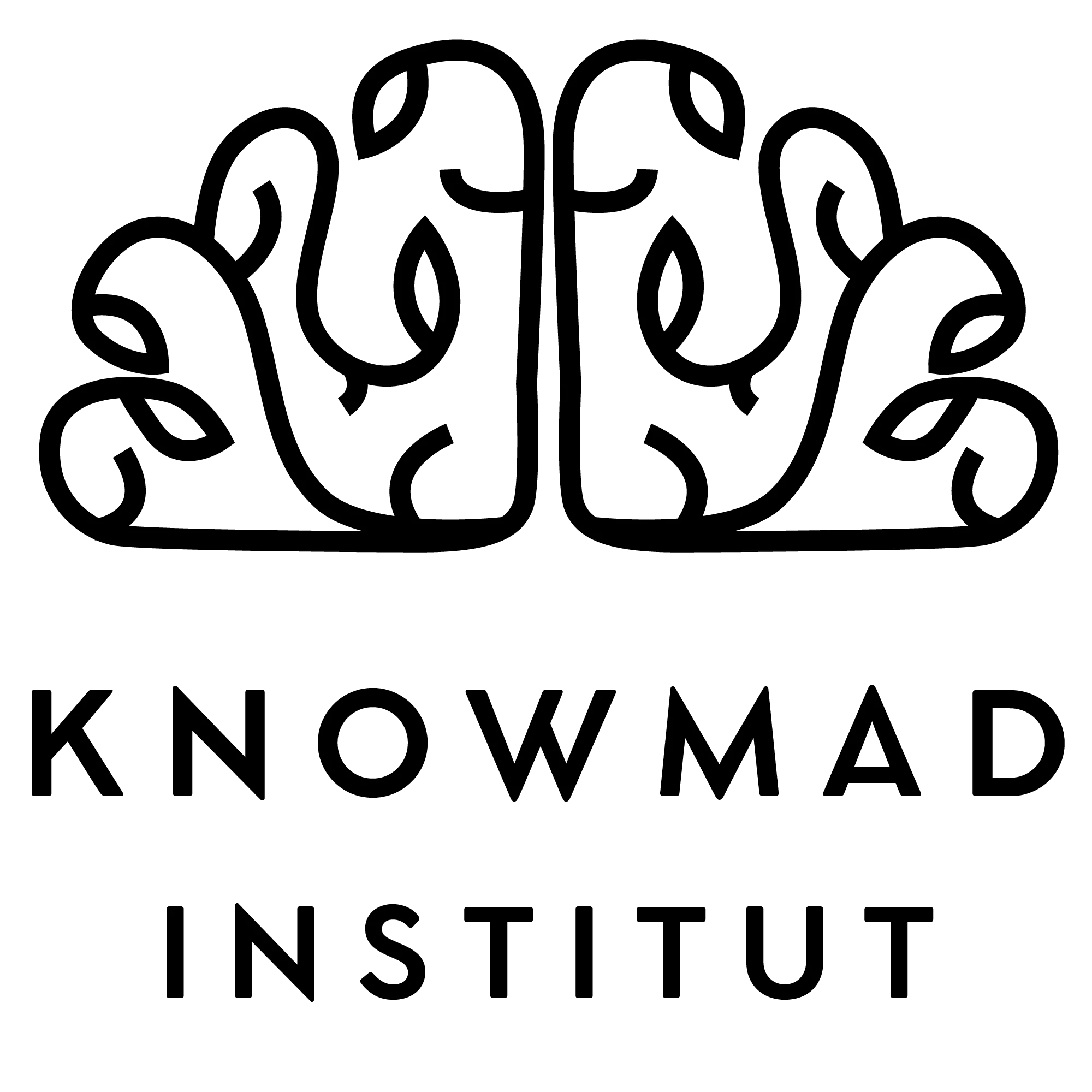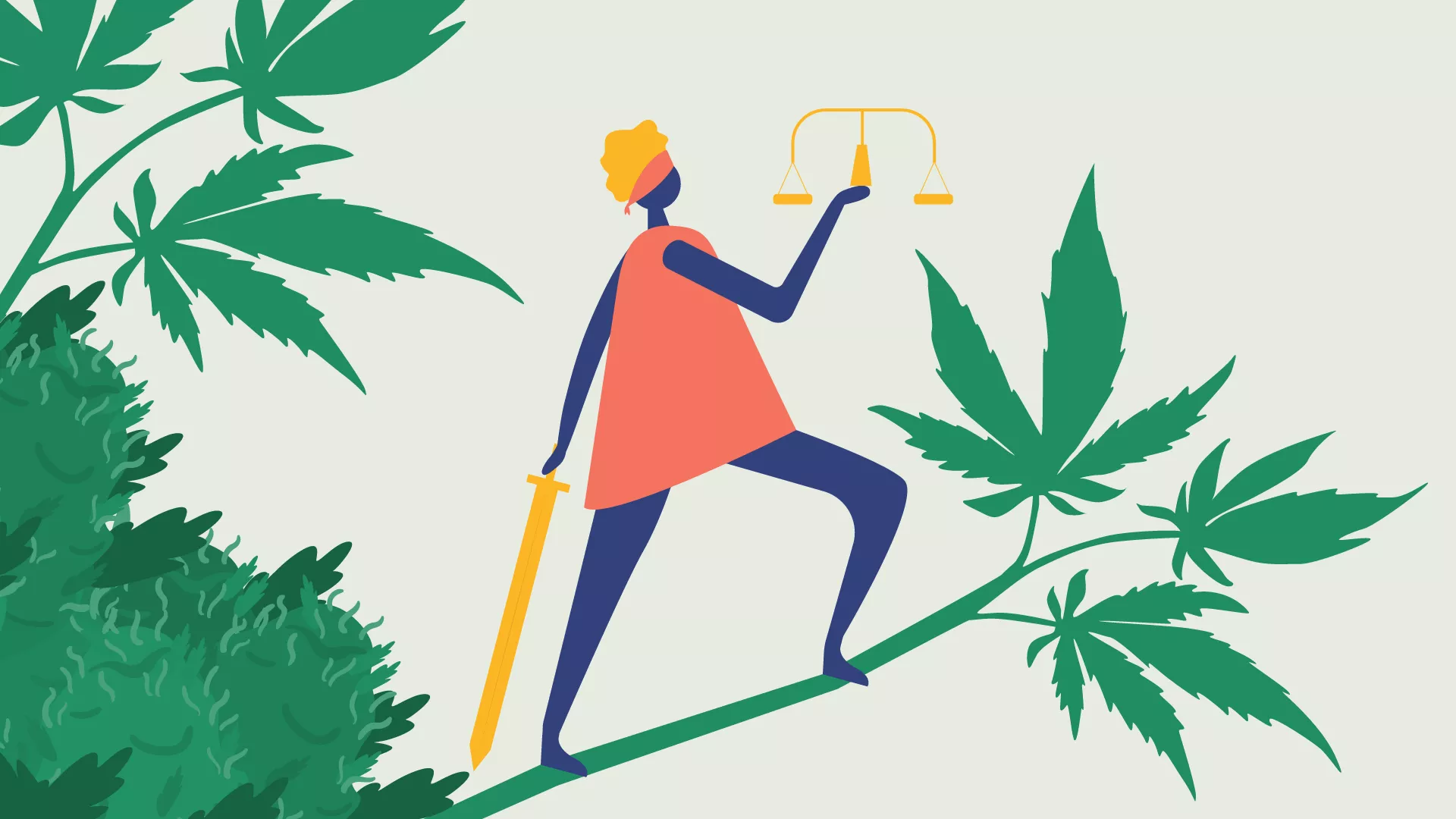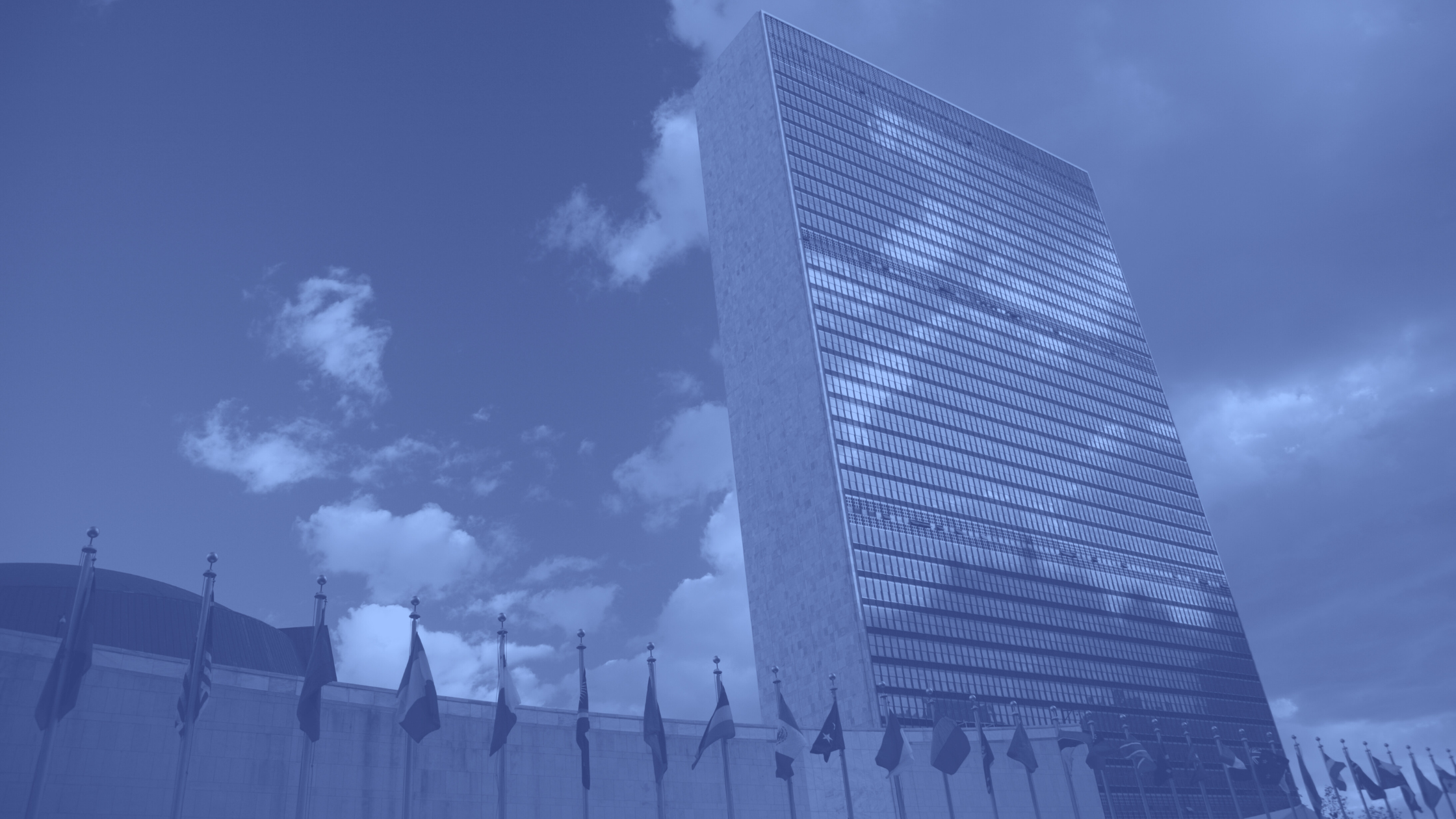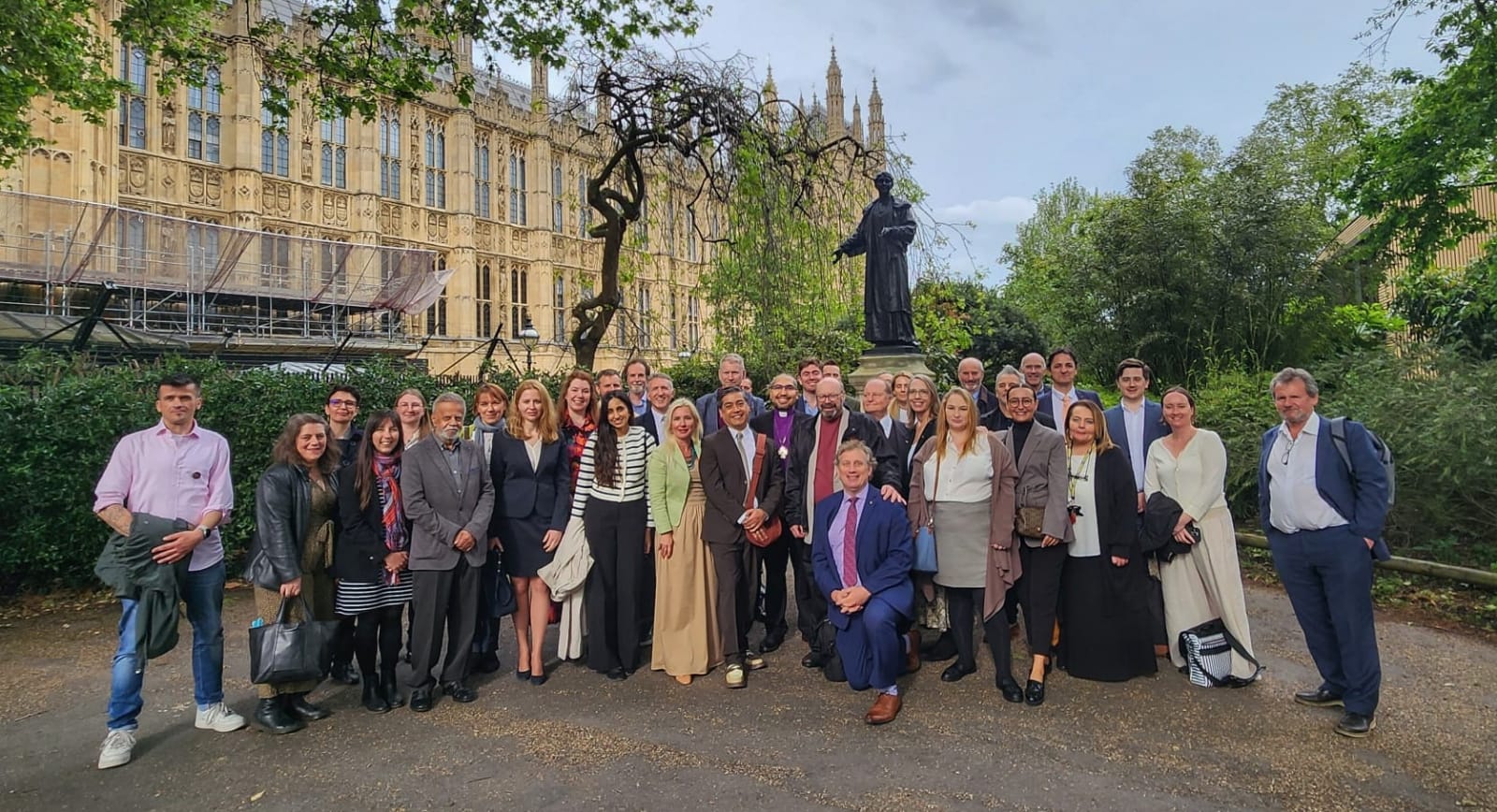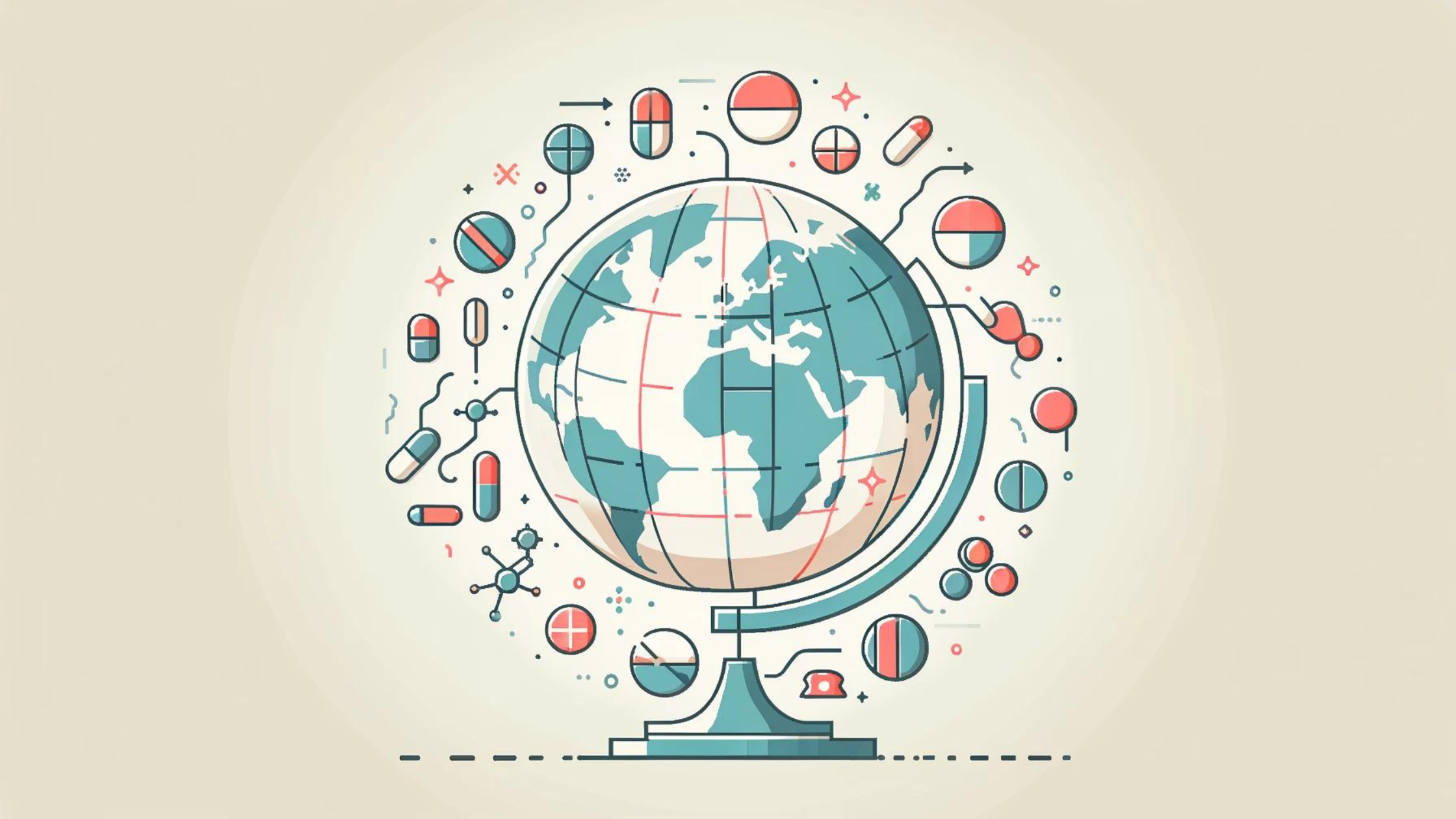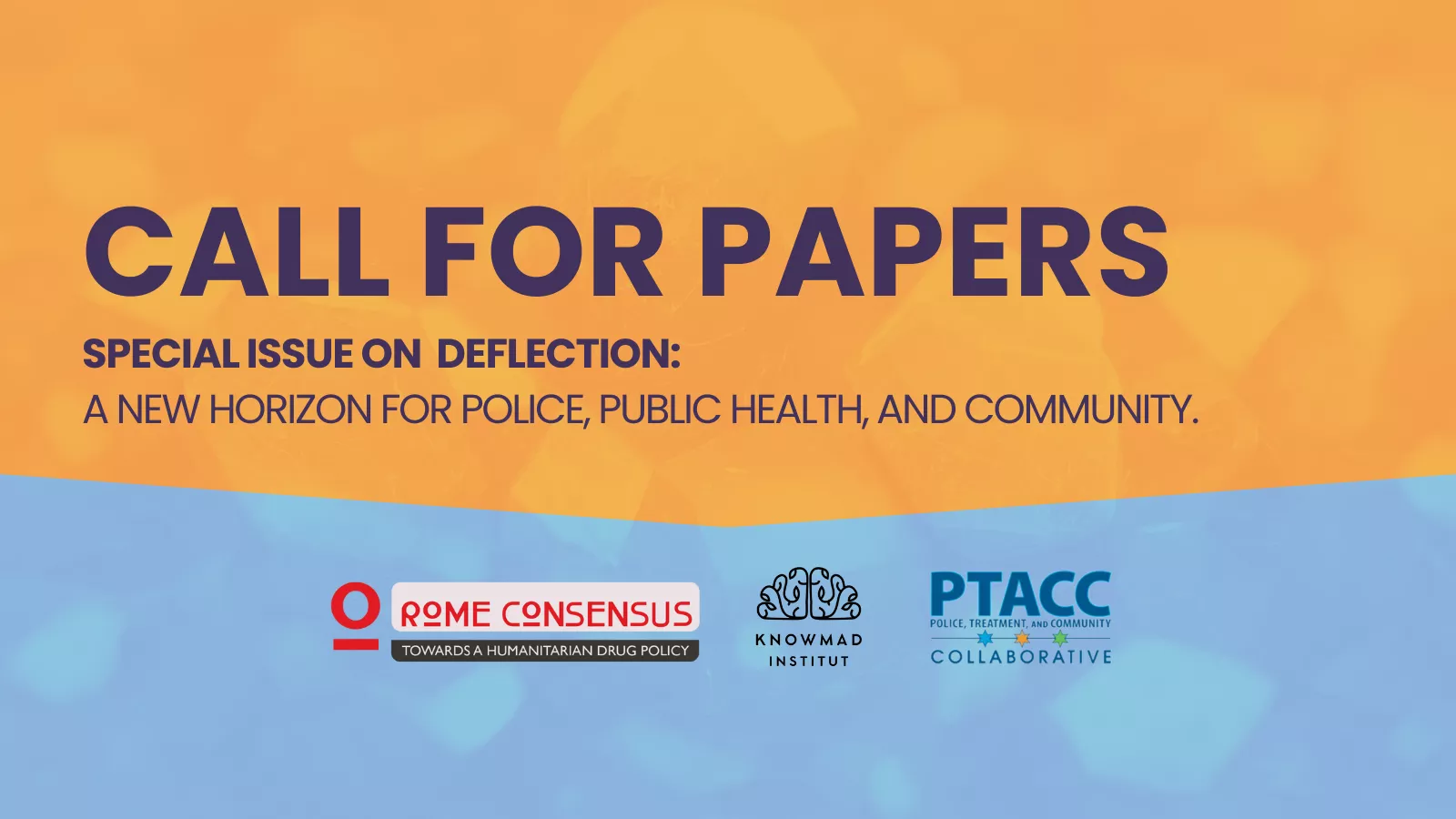The Historical Reclassification of Cannabis at the United Nations
This day, December 2, 2020, will be remembered as the historic day when the United Nations Commission on Narcotic Drugs (CND) showed that it still retains credibility and relevance. During the reconvened 63rd session it voted on the recommendations of the World Health Organization (Committee of Experts in Drug Dependence) on the control of cannabis and cannabis-related substances.
After several extensions, this vote took place in the midst of a civilization crisis that is further deepened by the quantitative easing and pandemic of the COVID-19, situations that have imposed new challenges and perspectives in terms of drug policies. The exacerbation of this multifactorial crisis maintains, even increases the relevance of humanitarian reforms in global drug policies in general and on cannabis in particular.
In recent months and years, an increasing number of Member States have reformed their national legislation and regulated cannabis. Therefore the approval of the recommendations of the WHO partially, being the most important advance that cannabis and its resin will be suppressed from the List IV of the Single Convention on Narcotic Drugs of 1961, and recognizes in this way the medical value of Cannabis L.
This political victory can be small, but it is a step that opens the doors to a new stage. It brings us a little closer to the long awaited end of the necropolitics that together forms what we know as the War on Drugs; which produces systematic violations of human rights, corruption, a massive increase in the number of arrests and judicial proceedings, as well as significantly increasing the social and health risks among people who use illegal drugs.
The effectiveness of the efforts of civil society and the scientific community in terms of political and public advocacy should also be recognized. However, the lack of transparency and control of legal cannabis futures markets represent some of the emerging threats to vulnerable populations and public health.
Ethics and respect for human dignity are necessary.
In the Decade of Action, we can achieve a genuine humanitarian reform of drug policies.
Knowmad Institute
For the future we all deserve
